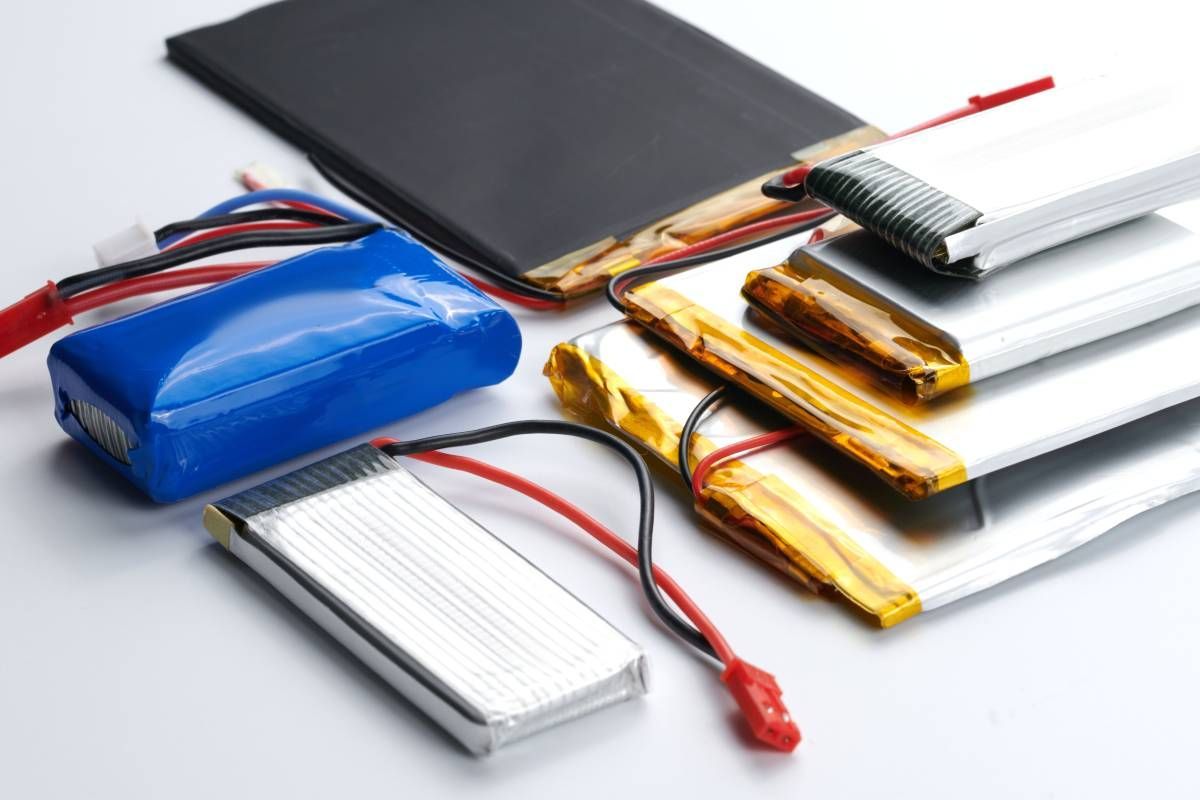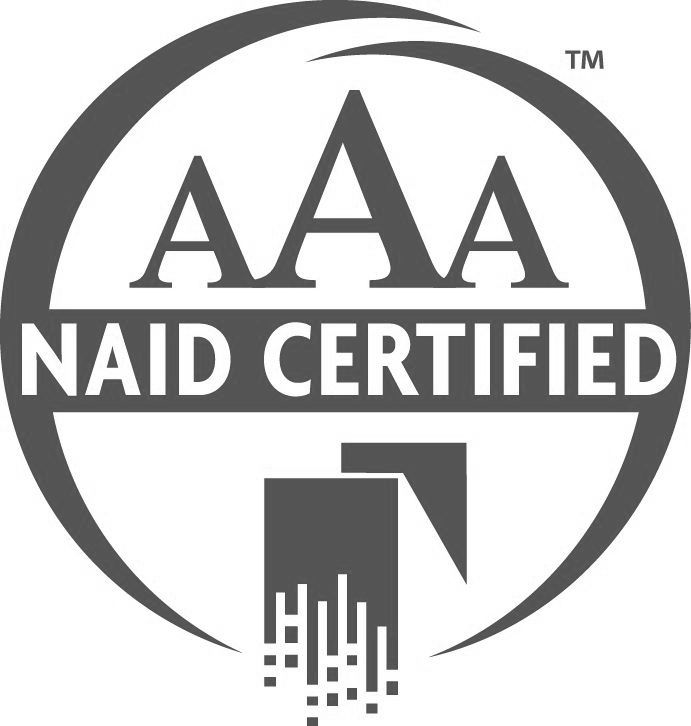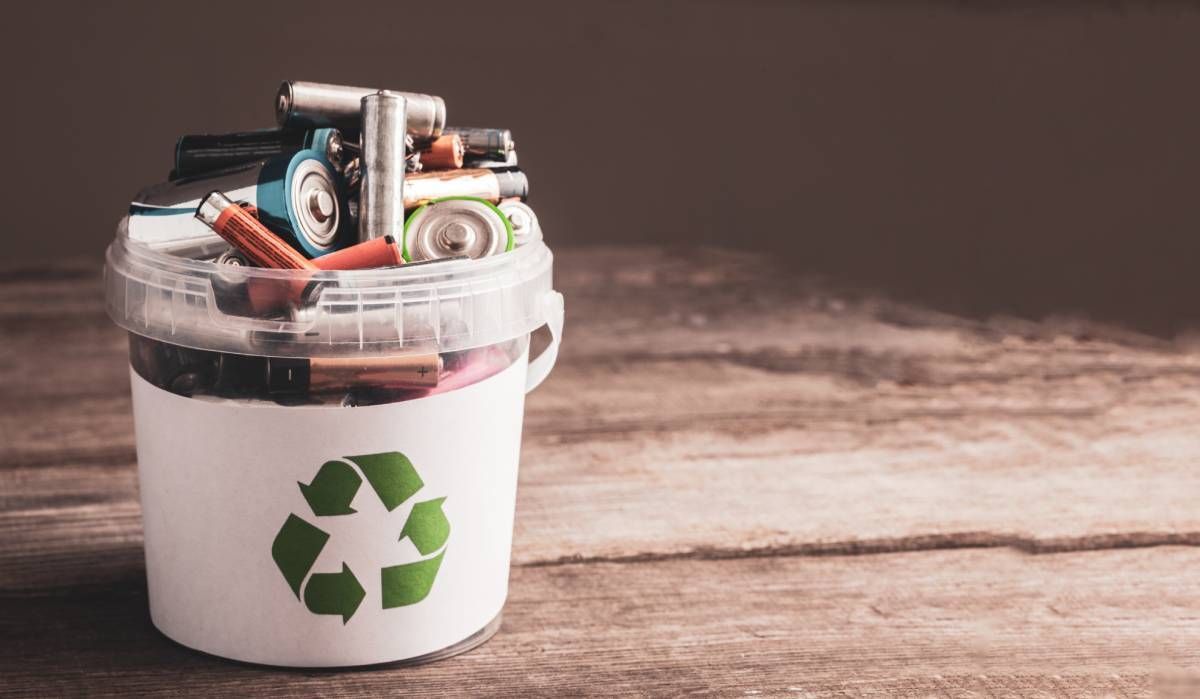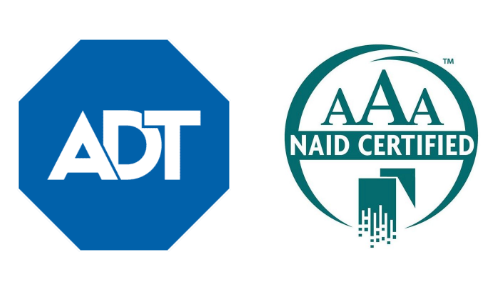Battery Recycling
The recycling process varies depending on the type of battery. Alkaline batteries undergo a process to ensure their safety and batteries from vehicles are properly broken down. Lithium-ion cells require careful disassembly to prevent dangerous thermal reactions.
Lithium Ion Battery Recycling and Safe Handling for Rechargeable Batteries
Lithium-ion batteries power the technology many depend on daily. You'll find them in smartphones, tablets, laptops, power banks, wireless earbuds, and smartwatches. Electric vehicles, e-bikes, drones, and power tools typically use larger battery packs, whereas household items such as robot vacuums, video doorbells, and portable speakers often rely on smaller versions.
As these batteries age or suffer damage from impacts, moisture, or extreme temperatures, they become fire hazards. A damaged lithium-ion battery can swell, smoke, or ignite without warning, leading to an increase in battery fires at airports and in landfills, garbage trucks, and recycling centers.
Professional battery recycling addresses these dangers with proven safety procedures. Our staff inspects each battery for damage before sorting and stores lithium-ion cells in fire-resistant containers. Temperature monitoring systems catch problems early, and damaged batteries receive immediate containment.
Regular disposal facilities lack this equipment and training, making proper recycling critical for community safety.

Recycle Batteries Properly with Our Battery Recycling Services
Do your part to reduce E-waste in landfills! Whether you’re recycling a handful of household batteries or coordinating large-scale commercial collection, we make responsible disposal simple.
For Businesses & Institutions
- Scheduled pickups
- Dedicated battery storage containers
- Consolidated e-waste & battery recycling programs
- Documentation to support compliance and sustainability reporting
- Coupa Supplier and Ariba Supplier Verified
For Residents
- Convenient drop-off at our Versailles, KY facility
- All battery types accepted
Here are some preparation guidelines to help streamline the recycling process:
- Tape battery terminals with clear packing tape to prevent short circuits during transport.
- Sort batteries by type whenever possible, keeping alkaline batteries separate from rechargeable batteries.
- Store batteries in sturdy containers away from metal objects.
- Label any swollen, leaking, or damaged batteries for special handling and attention.
- Remove batteries from devices before recycling the electronics separately.
The shipment of batteries is highly regulated by battery type and shipping method. Do not attempt to mail or send batteries without communicating with our team so that we can learn more about your battery recycling needs. Staff members receive ongoing training in safety protocols and receive updates on regulatory changes. We protect customers from liability concerns.
The Environmental Impact of Battery Recycling
Battery recycling provides measurable environmental benefits, in addition to preventing hazardous waste. Manufacturing new batteries from recycled materials uses substantially less energy than mining unrenewable resources, and every ton of recycled batteries prevents the generation of multiple tons of mining waste.
This concept applies directly to battery materials, creating a recovery loop that reduces carbon emissions while preserving finite mineral resources.
We are based in Versailles, Kentucky, and proudly serve this great nation including - Lexington, Georgetown, Frankfort, Nicholasville, and Louisville, KY; Cincinnati, OH; Nashville, TN; Reston, VA; Boston MA; Kansas City MO; and the entire United States. Let us handle the complexities of data center decommissioning so you can focus on what matters most—your business.

Recovered battery materials are used in a wide range of products.
- Zinc from alkaline batteries is used to produce new galvanized steel products.
- Lead from automotive batteries is recycled and returned to battery manufacturing.
- Cobalt and nickel from lithium-ion cells supply growing electric vehicle battery production.
- Copper and aluminum are processed into new electronic components and wiring.
Kentuckians and businesses are increasingly recognizing battery recycling as a demonstration of environmental stewardship and proper disposal, which demonstrates corporate responsibility to employees and customers.
- Many companies discover cost savings through organized recycling programs.
- Documentation of proper recycling also supports sustainability reporting and regulatory compliance requirements.
Our battery recycling services integrate seamlessly with broader electronic waste management programs. Businesses often combine battery collection with computer recycling, data destruction, and equipment decommissioning projects. This consolidated approach simplifies vendor management while reducing overall disposal costs. We'll provide you with detailed reporting to document the proper disposal of all materials we received.
Find Professional Battery Recycling near Lexington, KY
Lexington Computer Recycling operates across the US from our facility in Versailles, KY, locally serving Nicholasville, Lexington, Frankfort, Richmond, Georgetown, and surrounding communities.
We offer flexible scheduling, competitive pricing, and reliable service backed by years of industry experience. Contact us today by calling (859) 300-3599 or by reaching out to us through our online form to learn more about proper battery recycling techniques.










